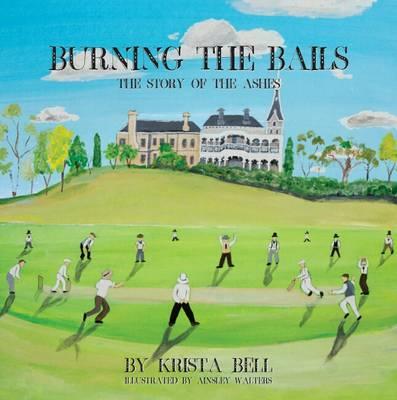Louise Park, Last Man Out: a personal account of the Gallipoli evacuation, Wild Dog, April 2023, 80 pp., RRP $24.99 (pbk), ISBN 9781742036427
This cleverly designed book comes as if it is a durable, flexible-cover notebook that might have fitted into the back pocket of a sapper in the trenches at Galipoli in 1915. It is a daily account of the last days of the battle at Gallipoli Peninsula. The text is based upon writings and articles and stories told by Louise Park’s grandfather, John Alexander Park, who might well have been the last man off the beach on the last night of the occupation.
In the last week of November 1915 there were over 40,000 men occupying the beaches, hillsides and trenches of Gallipoli when the order to evacuate came through. The men had to withdraw in stealth, their boots wrapped in blankets, those behind lighting candles where they once slept and fought, and their rifles set up with ingenious tripwires to make them fire as though the full force was still there at the front line. John Park’s lungs were damaged from poisonous fumes resulting after a bunlged attempt to blow up the Turkish positions from tunnels dug below them. Nevertheless he was there till the last, setting traps, wiring up defences, doing everything he could to make it appear that 40,000 men were still on the attack. He expected to die in his position or be left stranded on the beach. For him, this was a sacrifice he was willing to make for the sake of giving his mates and friends a chance to escape. And the enemy? After ten months of stalemate between them, they felt they knew each other’s minds, and from these Australian soldiers there was deep respect for the Turkish soldiers’ fighting qualities. It was a battle that should not have happened, there were lives on both sides lost to no end.
Louise Park’s reconstruction of her grandfather’s experiences is superbly told, beautifully detailed and thoroughly researched. Her book includes the jokes and mischief made among the men. It is studded too with photographs in the hand coloured style of the time, most of them showing individual young men, stoic, unsmiling, clear eyed in the midst of a job they were doing to the best of their ability and with the protection of each other always uppermost.
Reviewed by Kevin Brophy






